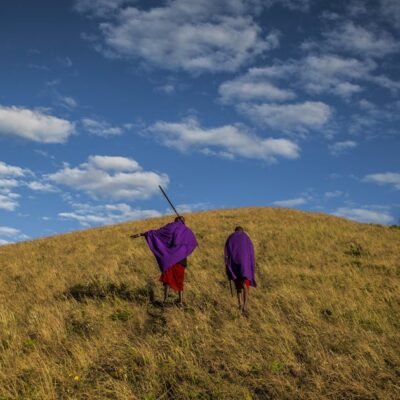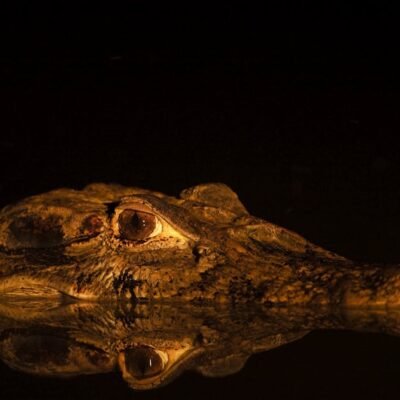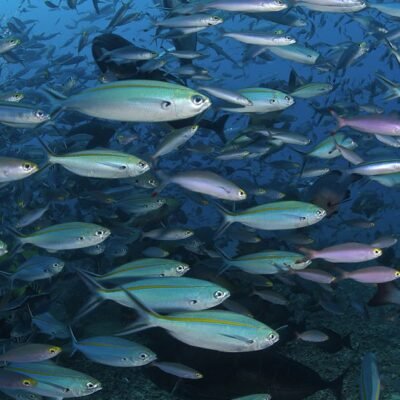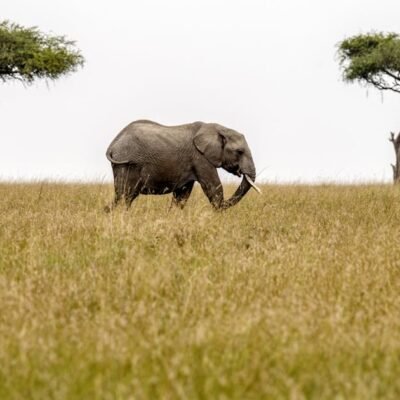Nature

Countries agreed to protect 30% of the planet. Now what?
- By aicren.com
- . September 20, 2024
[ad_1] More than six months ago, nearly every country on Earth signed on to the most ambitious plan ever to

Protecting the ocean helps fight malnutrition
- By aicren.com
- . September 17, 2024
[ad_1] Protecting more of the ocean could slash the risk of malnutrition for up to 3 million people worldwide, according

‘Intense’ drought, fires pummel Amazon
- By aicren.com
- . September 14, 2024
[ad_1] Parts of the Amazon rainforest are suffering through the worst droughts ever recorded, according to The Associated Press (AP).

In Kenya, forests keep communities from the brink
- By aicren.com
- . September 11, 2024
[ad_1] Agnes Nailantei remembers a time when life was easier in Kenya’s Chyulu Hills. Nailantei comes from a long line

3 ways Indigenous knowledge protects nature
- By aicren.com
- . September 8, 2024
[ad_1] Despite representing less than 5 percent of the world’s population, Indigenous peoples steward more than a quarter of Earth’s

How a fearsome predator helped bring this community back to life
- By aicren.com
- . September 5, 2024
[ad_1] In rebuilding an ecosystem, a Conservation International project showed that ‘everything is connected.’ When one small town saw

5 ways nature supports human health
- By aicren.com
- . September 2, 2024
[ad_1] Editor’s note: This week at the UN climate summit (COP26), Conservation International launched “Hear me while you can” —

How many fish in the sea? Less than we thought
- By aicren.com
- . August 30, 2024
[ad_1] There are plenty of fish in the sea, so the old saying goes. But that’s not as true as

As global temperatures rise, climate ‘tipping points’ loom
- By aicren.com
- . August 27, 2024
[ad_1] Earth is teetering perilously close to climate “tipping points” — events that, if triggered, could set in motion a

3 stories to catch up on
- By aicren.com
- . August 24, 2024
[ad_1] Elephants have a profound impact on people and nature. Known as “ecosystem engineers,” they travel vast distances, carving new

